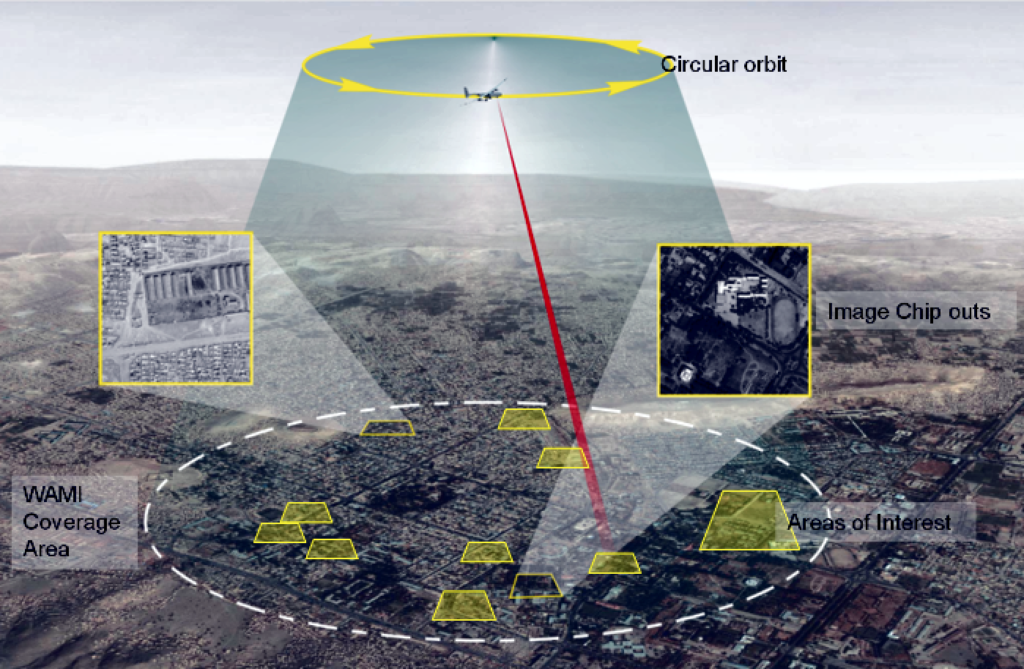The gunshot detection technology Spotshotter has recently been the subject of investigations by Vice and the Associated Press stating the company routinely changes their forensic reports at the request of police department customers. The modifications include the reclassification of sounds not originally classified as gunshot fire by the company’s algorithm and changing the location records. In the case of Michael Williams, who was charged with first degree murder during Chicago’s George Floyd protests, spent a year in jail and then was released due to lack of evidence, the Shotspotter report altered the location by a mile.
In the 2020 annual report on the use of the technology in Oakland, the report stated the city used Shotspotter’s expert witness and trial preparation services under the contract 8 times in calendar year 2020. This practice must cease immediately.
This is not the first time Shotspotter has altered their data to align with a law enforcement narrative and frame an innocent man. We wrote about the Rochester NY case when Sylvon Simmons, who was shot 4 times by the Rochester Police Department in a case of mistaken identity, was charged with felony murder and jailed for more than a year based on a modified Shotspotter report. Simmons was acquitted on all charges after a judge threw out the Shotspotter evidence that had “found a fifth shot” and is now suing Shotspotter and the city for malicious prosecution and fraudulent evidence.
A Shotspotter alert was also the proximate cause of the fatal shooting of 13 year old Adam Toledo by the Chicago Police Department.



